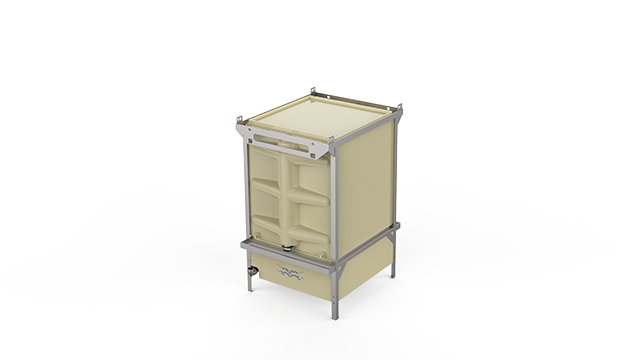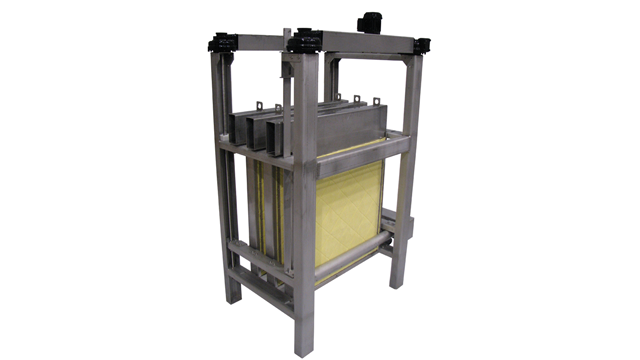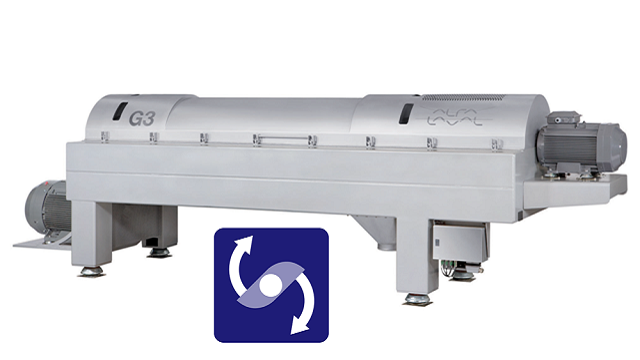Transforming wastewater
Without water there is no life, and with only 1% of freshwater readily available and accessible, water resources are under increasing pressure as the demand for water grows in agriculture, energy, food, and health & hygiene. At Alfa Laval, we know that cleaning the world’s 380 billion cubic meters of wastewater takes centre stage in clean freshwater management and that the most sustainable way to preserve water is to imitate nature’s own circular use of water, which has sustained life on the planet since the beginning of time.
Towards an energy-neutral resource-recovery plant
Finding treasure in wastewater treatment
A municipality in Norway is looking at wastewater treatment from a completely new perspective – with a strong focus on operational sustainability and as an opportunity to capture important raw materials for reuse and recycling.
The resource-recovery plant
According to the UN, there are some 109,000 municipal wastewater treatment installations around the world. Only 20% of all wastewater is adequately cleansed. At Alfa Laval, we know the risks and lost opportunities of not sufficiently cleaning wastewater and then releasing it containing hazardous pollutants – such as PFAS, medical residues, phthalates, pesticides and microplastics. As the micropollutants enter surface water and groundwater sources, they may risk ending up on someone’s dinner plate. Other finite resources – such as phosphorous and nitrogen – become pollutants, when they could be recovered and used in e.g., fertilizers to grow more food.
The energy-neutral plant
Wastewater treatment is a very energy-intensive operation, and according to the UN, the world’s municipal wastewater treatment plants use 4% of available energy. Greenhouse gases are emitted from this energy usage and from the processing itself; e.g., where methane is emitted during sludge-handling. At Alfa Laval, we know that by applying the most energy-efficient solutions, municipalities can optimize their energy consumption. There is also ample opportunity to recover heat from multiple process steps as an energy source. And methane can be recovered and used for energy generation, while the installations can also present an opportunity to incorporate hydropower.
Wastewater treatment plant increases energy efficiency
A sharp focus on energy efficiency was central to the Hong Kong Drainage Service Department’s decision to upgrade its decanter centrifuge technology at the Sha Tin Sewage Treatment Works; it was key in its selection of Alfa Laval’s ALDEC G3 VecFlow™ to achieve this aim.
Sludge handling efficiency at Ruhrverband plant
The Arnsberg-Wildshausen wastewater treatment plant recently replaced an outdated drum thickener with a containerized AS-H Belt Thickener from Alfa Laval. This advanced sludge dewatering solution meets all the plant’s requirements in terms of capacity, reliability and performance. It is also simple to operate, requires minimum maintenance, and polymer consumption is low.
Sludge – from waste to resource
Sludge was once considered a costly waste product, which municipalities with space constraints would struggle to dispose of in a cost-efficient and environmentally sound way. At Alfa Laval, we enable the recovery of resources from sludge, such as phosphorous, which can positively impact the price of clean freshwater. Our municipal wastewater solutions enable the best dewatering and cake dryness, which will optimize the disposal of the final cake with respect to cost and energy consumption.
The right choice of dewatering technology
Alfa Laval’s MBR membranes for high quality effluent




